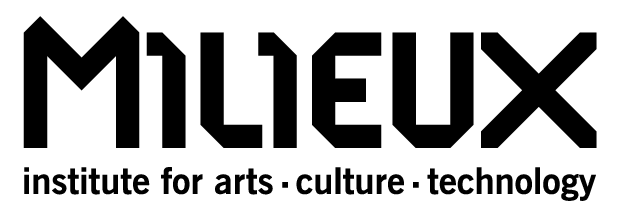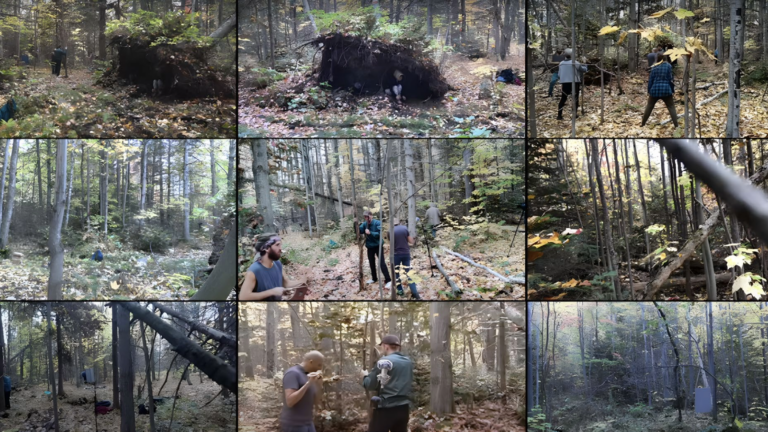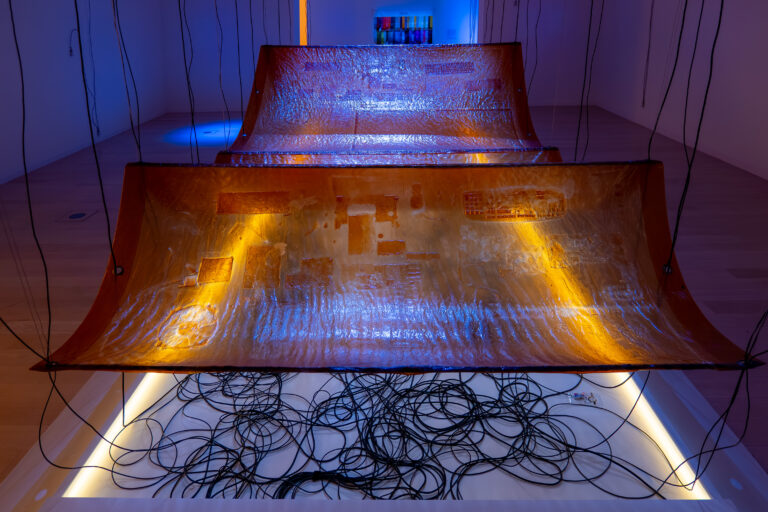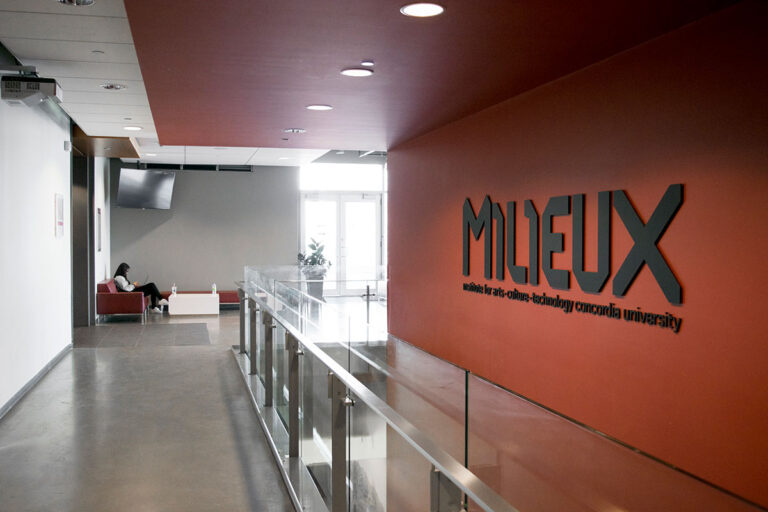On March 31, Milieux Institute celebrated its one year anniversary and we have been busy! In celebration, we’ve taken a look back at some of the research clusters’ most memorable talks, workshops, projects, symposiums, and exhibitions.Following an exciting year that saw the Media History research centre welcome speakers like Julie Turnock (University of Illinois) and Johanna Drucker (UCLA), the cluster continued to host compelling thinkers and seminars.
Over the summer, co-director Darren Wershler launched the Residual Media Depot (RMD). Not exactly a media archaeology lab or an archive, The RMD is a “forum for collaborative interdisciplinary research into the technological, cultural, discursive and institutional aspects of material media and communication technologies.”
The current focus of the Residual Media Depot’s collection is early video game consoles (1972-2002). For the last year, Wershler has been excitingly getting older video game consoles in the mail. Check out the RMD’s Twitter feed for a look at the latest arrivals.
Last summer, Wershler also launched Media Archeology. The annual RMD-related course explores the theory, current practice, and possible trajectories of media archaeology as a discipline. This year, the course will take place from May 23-27, 2017.
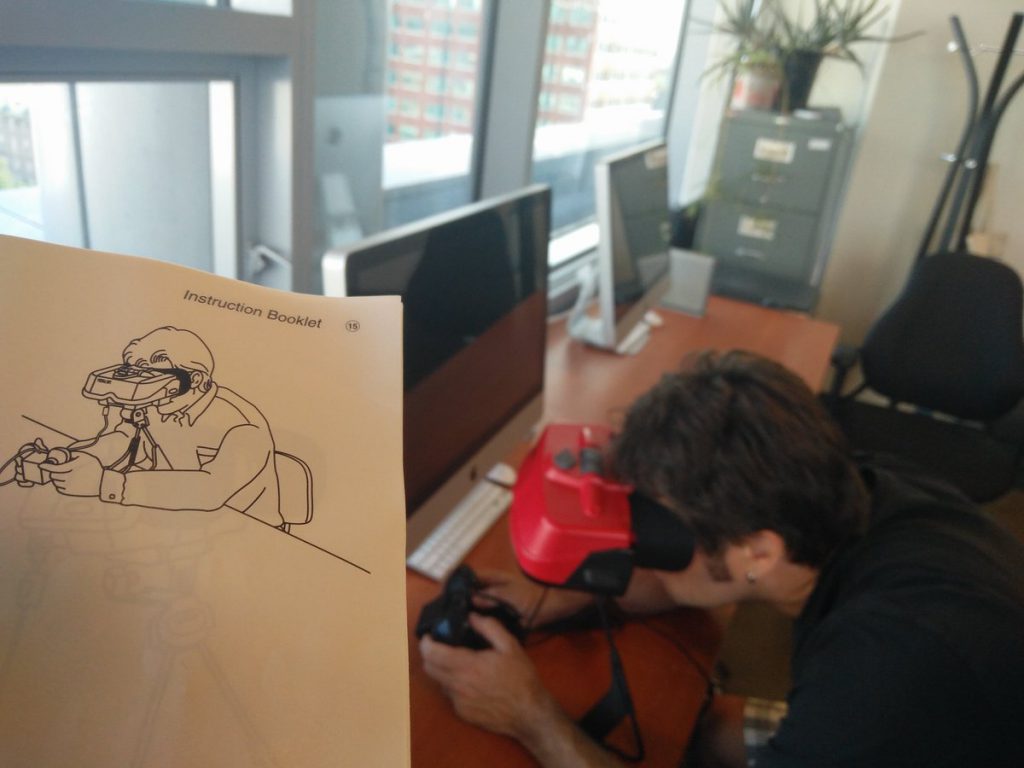
Darren Wershler duing last year’s Media Archeology course. Photo: Cody Walker
Inspired by Project Arclight, our web-based tool that allows users to analyze millions of pages of digitally scanned magazines and newspapers for trends related to a chosen media history subject, we helped publish The Arclight Guidebook to Media History and the Digital Humanities. Co-edited by co-director Charles R. Acland, the open access book explores what media historians are doing with digital tools and methods.
In September, we welcomed Communications theorist John Durham Peters for a talk and seminar. The talk focused on John Lilly’s use of the tape medium to decrypt dolphin communications. During his workshop, Peters offered participants a sneak peek to a yet-to-be-published “The Media of Breathing” that pushed our conception of “media” by focusing on the concept of breath as a medium. A week later, we welcomed John Durham Peters’ son, Benjamin who was in Montreal to discuss his latest book, How Not to Network a Nation: The Uneasy History of the Soviet Internet.
In February, American historian of economic thought Philip Mirowski came to visit us for a talk and seminar. The seminar served as a preview for Mirowski’s forthcoming book The Knowledge We Have Lost in Information: The History of Information in Modern Economics and the talk asked “what is ‘open science’ supposed to fix?”
Text by Elise Cotter 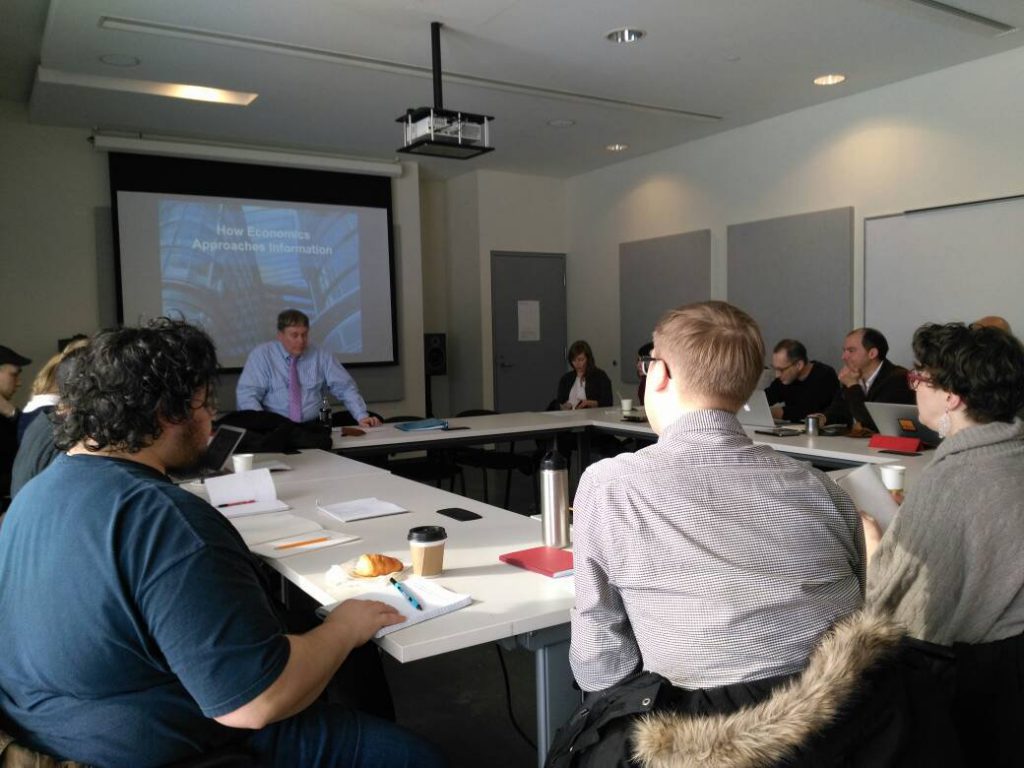
Discussing economic thought and history with Philip Mirowski at Milieux.
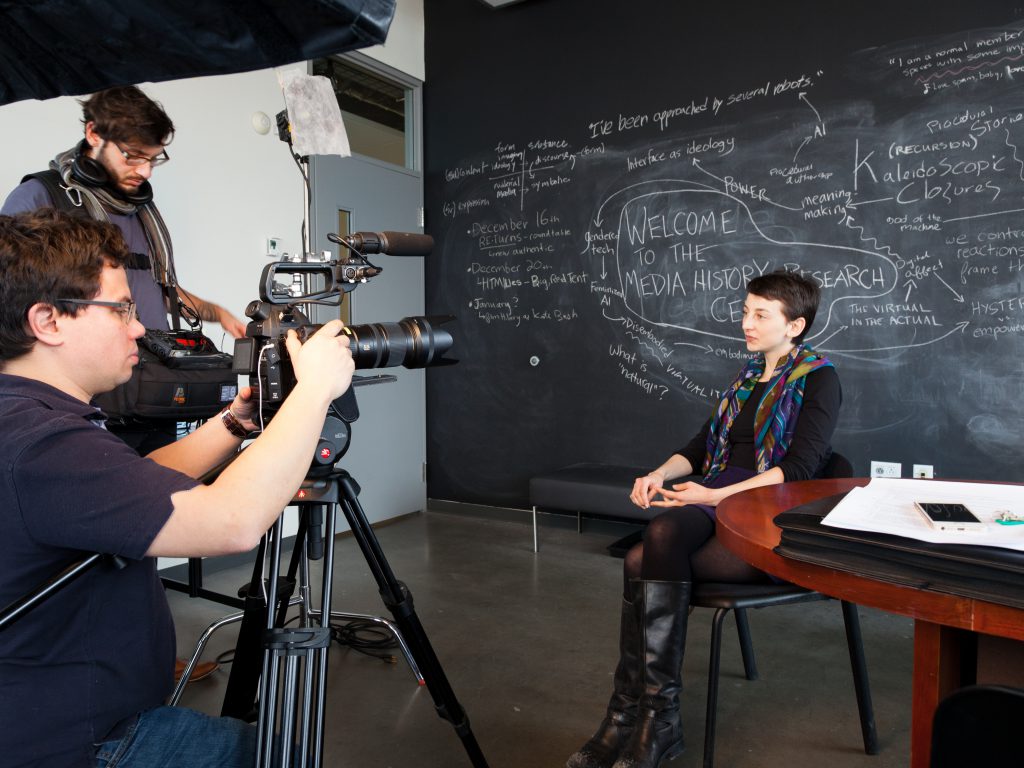
Student member, Elise Cotter being interviewed in the MHRC lab.
